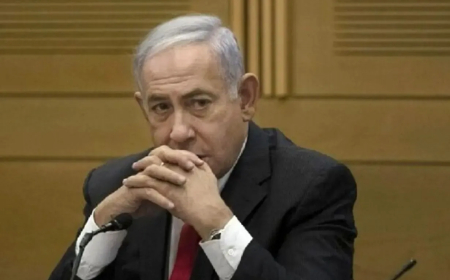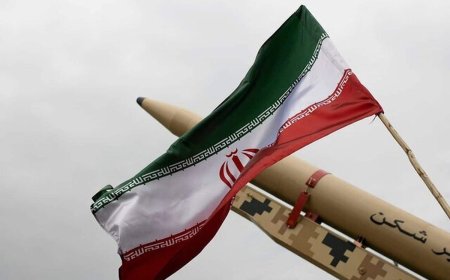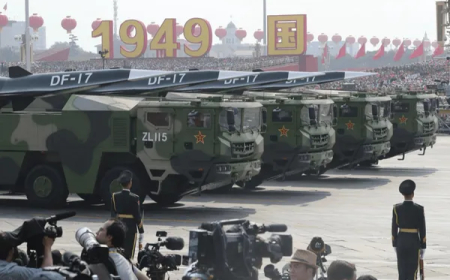Israel’s Miscalculation: Military Might Won’t Bring Middle East Stability
A recent Foreign Affairs analysis shows that Israel’s attempt to impose a regional order through force clashes with Middle Eastern realities. Following the October 7, 2023 attacks and recent provocative actions, Israel has grown increasingly isolated, and even U.S. support cannot guarantee lasting strategic superiority.

According to Foreign Affairs, the Middle Eastern regional order is rapidly changing—but not in the way many Israeli and U.S. officials expect. Former President Donald Trump’s efforts to end the Gaza conflict raised hopes for broader regional transformation. Yet even if the current ceasefire holds, U.S.-Israel alignment is unlikely to endure in the long term.
Israel’s mistaken belief in permanent strategic superiority has led to a series of provocative actions directly challenging Washington’s objectives. Following the October 7 attacks, Israel launched multiple interventions targeting Iran-led regional actors and repeatedly crossed the red lines traditionally defining the “shadow war” between Tehran and Tel Aviv. The strikes on Iran’s nuclear and military sites reflected Israel’s long-standing ambition to strike at the heart of its main adversary.
A turning point came with Israel’s audacious attempt to assassinate Hamas leaders meeting in Doha under U.S. mediation. This move underscores Israel’s intensifying reliance on air power to reshape the Middle East—a strategy usually pursued by leaders confident they can act with impunity. Even Trump concluded that Israel had overstepped this time.
Foreign Affairs analysts argue that Israel faces domestic and military vulnerabilities. Its economy cannot sustain endless conflict, missile defense systems are imperfect, and its military remains heavily dependent on U.S. support. The devastation in Gaza has further eroded Israel’s international credibility and increased its isolation. Military superiority alone cannot secure regional leadership; approval and cooperation from other regional powers are essential, yet no Arab state seeks Israeli leadership. Even in Washington, those who support an unfettered Israel must recognize that Israel’s interests do not always align with those of the U.S., and Israel often acts in ways America may not endorse or be able to restrain.
Over the past 35 years, the Middle East has maintained a largely stable regional order. Established after the collapse of the Soviet Union under U.S. leadership, this order has been challenged by repeated crises, including the Iraq war, the second Palestinian intifada, and the Arab uprisings. Iran and its regional allies strengthened their influence in Iraq, Lebanon, and Yemen, while U.S.-aligned blocs became divided, particularly between Qatar and Turkey on one side, and Saudi Arabia and the UAE on the other.
Despite these shifts, Israel continues to view military dominance as the path to regional hegemony. However, Foreign Affairs notes that this assumption is flawed. Air superiority and surprise strikes have achieved tactical goals but failed to meet strategic objectives: Hamas remains the strongest actor in Gaza, Hezbollah retains its weapons despite heavy losses, and Israel’s 12-day campaign against Iran did not halt Tehran’s nuclear program or spark internal revolt.
Tel Aviv has only maintained the Gaza conflict with continuous U.S. resupply, highlighting its dependence on Washington. Even steadfast Republican support does not guarantee Israel’s long-term strategic edge, as nationalist “America First” factions may prioritize U.S. interests over Israel’s.
Analysts warn that unchecked power and limitless ambitions could push Israel toward further crises. After recent actions, Gulf states can no longer view Iran alone as the primary threat; Israel now poses a security challenge to the region. While Israel may have previously avoided serious consequences for its military expansion and the devastation of Gaza, this assumption is as flawed as past Israeli beliefs that no Arab state would dare attack after 1967 or that Hamas could be permanently contained prior to October 7, 2023.


















